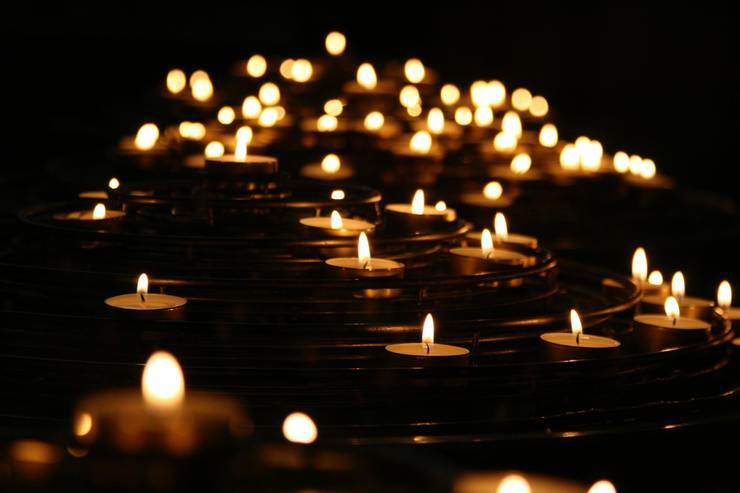P.G. County Residents Need A Day To Mourn Those That Died During The Pandemic.
Last week, I had the opportunity to report on a virtual education meeting. The meeting was led by three school board members. In that virtual meeting, a couple of women sounded as if they were on the verge of crying as they talked about sending their children to school. Robin Sloan, her Zoom name, spoke about her son’s fears of returning to school during the pandemic, and how several family members died of COVID-19.
My son found out today that he has to go back to school, and he is terrified,” Sloan said. “When I hear about the school bus situation, and them sitting students side by side, I am terrified. I am sitting here kicking myself for not putting my son in virtual school — and I cannot get him in. I am fearful for his mental health. My son is saying that he wants to drop out. He doesn’t want to be here. My heart is broken.”
It is no secret that P.G. County has the highest number of COVID-19 cases in the state. With the surge of the delta variant, that number is increasing. The 2020 surge, along with this one, has caused a number of deaths. P.G. County COVID-19 data shows that 1,023 African Americans, 312 Latino, 176 White people, 42 Asians have died of COVID-19.
Listening to those women’s concerns for their children - and by extension the rest of their family members - has me thinking about grief. How are we going to collectively grieve for those who died during this pandemic? P.G. County officials should hold a virtual event - or an in-person, when COVID-19 cases decrease - where county residents can gather to grieve the death of loved ones. Government officials should read the names of each person that died coronavirus during the pandemic. They should allow family members a time to share intimate stories about their loved ones. We need to hear about how they lived and loved.
"We often hear people described as ordinary Americans. There’s no such thing,” said Biden during the national day of mourning. “There’s nothing ordinary about them. The people we lost were extraordinary.”
Providing a public space (virtual space) to grieve is also allowing us a public space to be human. Such a way of being, living out their full humanity, is often denied to Black people. In the Zoom era, most of our time is given to meeting-after- meeting, where standards of professionalism rule. These spaces of professionalism disallow, to some degree, our lived experiences. Displaying our full humanity, is often expressed away from the public. We cry in private around our loved ones, where our emotions are not policed by "professionalism" or "public decor." But in a majority Black county, with Black leaders - this should not be. The tears we shed are our bodies way of releasing pain while simultaneously embracing the present.
Eddie Glaude, James S. McDonnell Distinguished University professor at Princeton University, wrote an op-ed in 2020 when the death toll was climbing, where he addressed the difficulty of grief during this period.
"Mothers and fathers, uncles and aunts, daughters and sons, friends — people whose deaths will disrupt the lives of families and rend the fabric of communities across this nation. Those who survive this madness will have to figure out how to live together in the company of grief," Glaude explained.
Links
Eviction Moratorium

COVID Policy
The reports targeted elected board members who clashed with the county’s political establishment.



